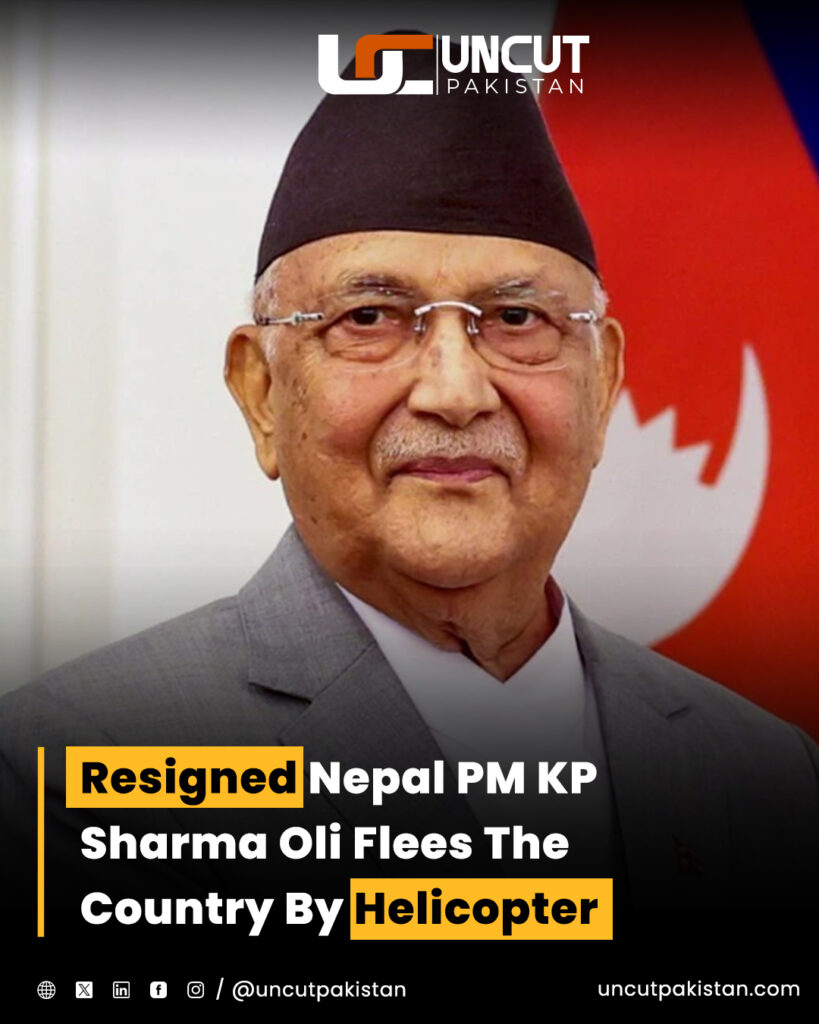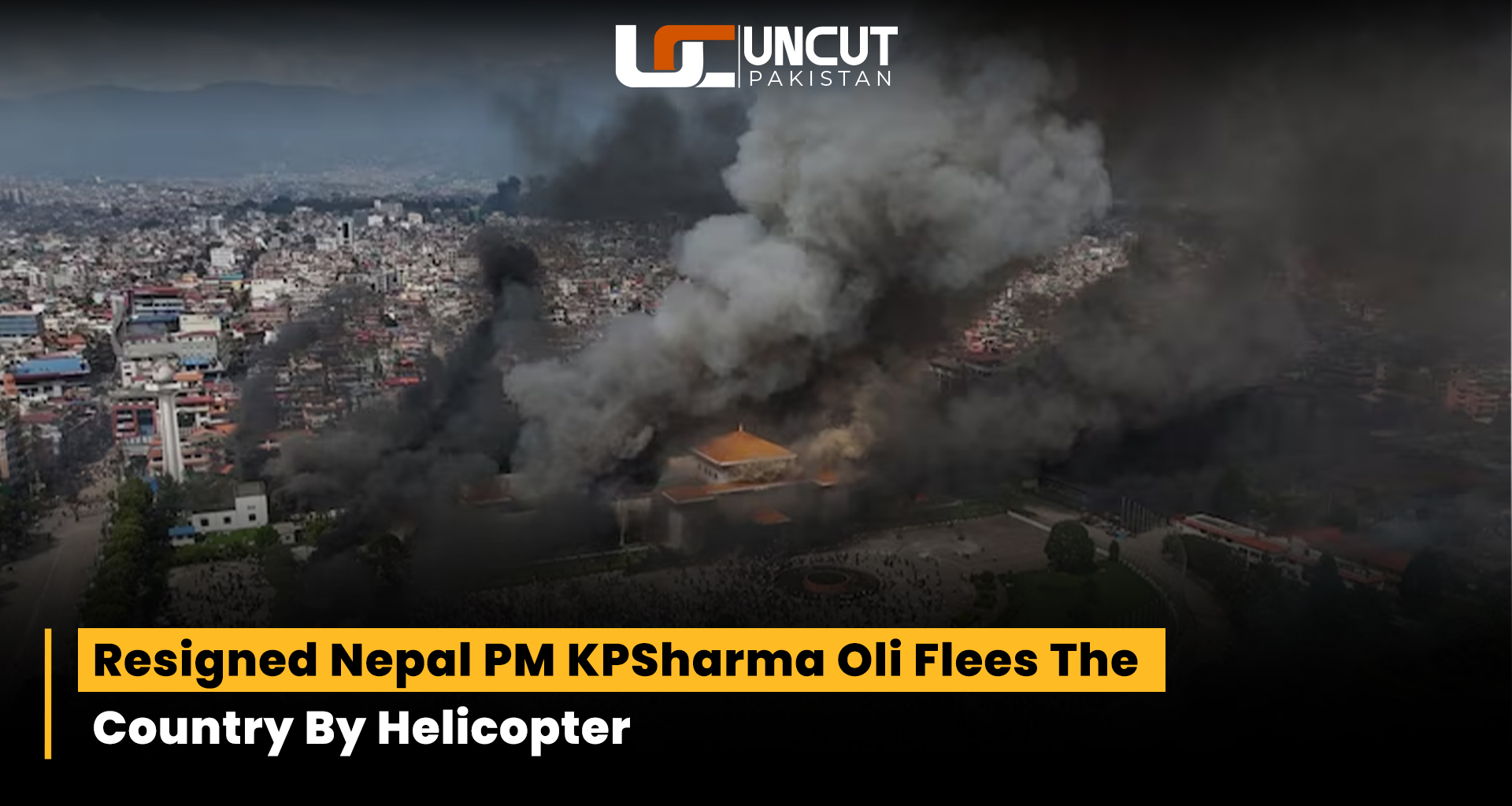Political Upheaval in Nepal
Nepal has once again been thrust into political turmoil after the sudden resignation of Prime Minister KP Sharma Oli, followed by his dramatic departure from the country via helicopter. The development has not only stunned citizens but also raised questions about the stability of Nepal’s fragile democratic system.
The Resignation
Oli, who has been facing mounting pressure from opposition parties and civil society, stepped down earlier this week amid accusations of authoritarian practices, corruption, and failure to deliver on promises of governance. His government was also heavily criticized for mishandling the economy and ignoring pressing social issues.
His resignation was seen by many as inevitable after losing support both inside the Nepal Communist Party (NCP) and among coalition partners. However, the manner in which he left the country has fueled speculation of deeper political and legal troubles.
Departure by Helicopter
According to local reports, shortly after announcing his resignation, Oli boarded a helicopter from Kathmandu, allegedly heading toward a neighboring country. Eyewitnesses at the airport described the event as “hasty and secretive,” suggesting that the former premier may have fled to avoid accountability.

Rumors have spread that Oli may face investigations into financial mismanagement and corruption charges, which could have motivated his sudden departure. Authorities have yet to confirm his exact destination, adding further mystery to the situation.
Public Reaction
The people of Nepal have expressed mixed emotions over Oli’s resignation and escape. Many citizens, already frustrated with political instability, see his departure as a betrayal of democratic values. Protests have erupted in several cities, with demonstrators demanding transparency and immediate accountability.
Social media in Nepal has also been flooded with criticism, with hashtags condemning Oli’s leadership and questioning the government’s ability to maintain stability.
Regional and International Implications
Oli’s resignation and flight could have significant implications for Nepal’s foreign relations. During his tenure, Oli was often criticized for swinging between China and India for political leverage. His sudden exit may leave a power vacuum that could further complicate Nepal’s delicate regional diplomacy.
International observers have also raised concerns that Nepal’s ongoing political instability could impact foreign investment, tourism, and regional cooperation in South Asia.
What’s Next for Nepal?
With Oli’s departure, Nepal now faces the challenge of forming a new government. Opposition parties have called for an interim coalition government until fresh elections are announced. Political analysts believe the coming weeks will be critical in determining whether Nepal can stabilize or fall deeper into crisis.
The Constitutional Council is expected to play a key role in ensuring a smooth transition, but given Nepal’s history of political volatility, uncertainty remains high.
Conclusion
KP Sharma Oli’s resignation and subsequent flight from Nepal by helicopter mark one of the most dramatic chapters in the nation’s recent political history. While his exit may temporarily calm tensions within parliament, it has left the people of Nepal demanding answers and fearing another period of instability. The coming days will determine whether Nepal’s leadership can rise to the occasion or continue its cycle of political unrest.

